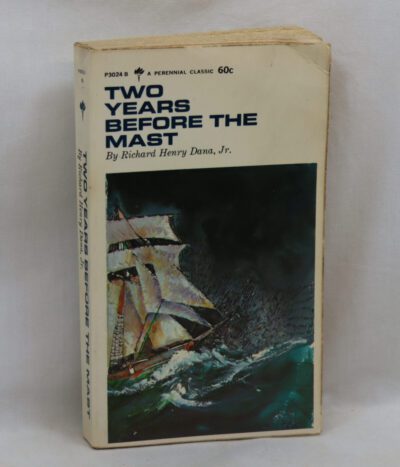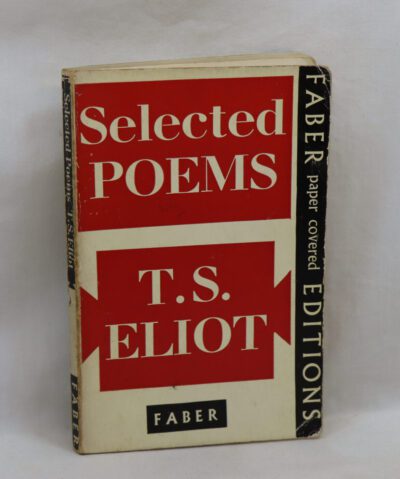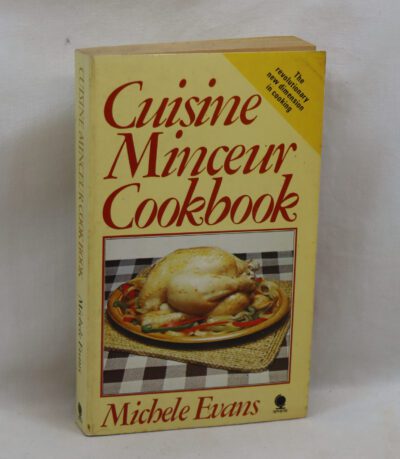T Lucreti Cari. Liber Quintus.
By J D Duff
Printed: 1903
Publisher: University Press. Cambridge
| Dimensions | 12 × 17 × 1 cm |
|---|---|
| Language |
Language: English
Size (cminches): 12 x 17 x 1
Condition: Fair (See explanation of ratings)
Item information
Description
Brown cloth binding with gilt title on the spine.
We provide an in-depth photographic presentation of this item to stimulate your feeling and touch. More traditional book descriptions are immediately available.
- This used book has a £3 discount when collected from our shop
Lucretius’ didactic poem on Epicurean philosophy (De rerum natura, DRN) is the earliest example of Roman didactic poetry that has survived in its entirety. Comprising six books and approximately 7400 hexameters, it provides a comprehensive introduction to Epicurus’ atomism. The representation of atomistic physics is systematic and straightforward; the forms of argumentation correspond to the methods of proof used in ancient science but are also informed by contemporary rhetoric. The didactic passages of the poem are framed by proems and finales, which transcend the representation of Epicurean physics and link this with the ethics of Epicurus. The verse structure and language of the poem adhere much more strictly to ‘pre-classical’ poetry than to contemporary neoteric poetry. This traditionalism, along with the numerous puns and onomatopoetic figures that depict the atomistic structure of the world, is a persuasive technique to lure the audience. As a poeta doctus, Lucretius incorporates literary models of various genera into his poem. Far from being derivative, he consistently exploits imitation to surpass and distinguish himself from his predecessors. The structure of DRN is that of a didactic epic. On the one hand, it combines typical generic patterns of Hesiodic, Presocratic, and Hellenistic didactic poetry. On the other hand, DRN’s scope, its division into individual books, and its numerous intertextual references link it to heroic epic. Yet with his rationalist account, Lucretius challenges the genre’s most important representatives, Homer and Ennius. For the philosophical content of the poem, Lucretius’ sources are not only the writings of Epicurus, but also quite possibly figures from contemporary Epicureanism, including the philosopher Philodemus of Gadara. Lucretius does not adopt Epicurean philosophy dogmatically, but adapts it to the needs of Roman society. Encouraging his Roman readers to distance themselves from traditional life models and to adopt a new point of view, he tries to convince them of the model of Epicurean otium. DRN itself turns out to be a poem, which, as a product of the poet’s own otium, confirms the validity of Epicurean philosophy.
Want to know more about this item?

Related products
Share this Page with a friend










